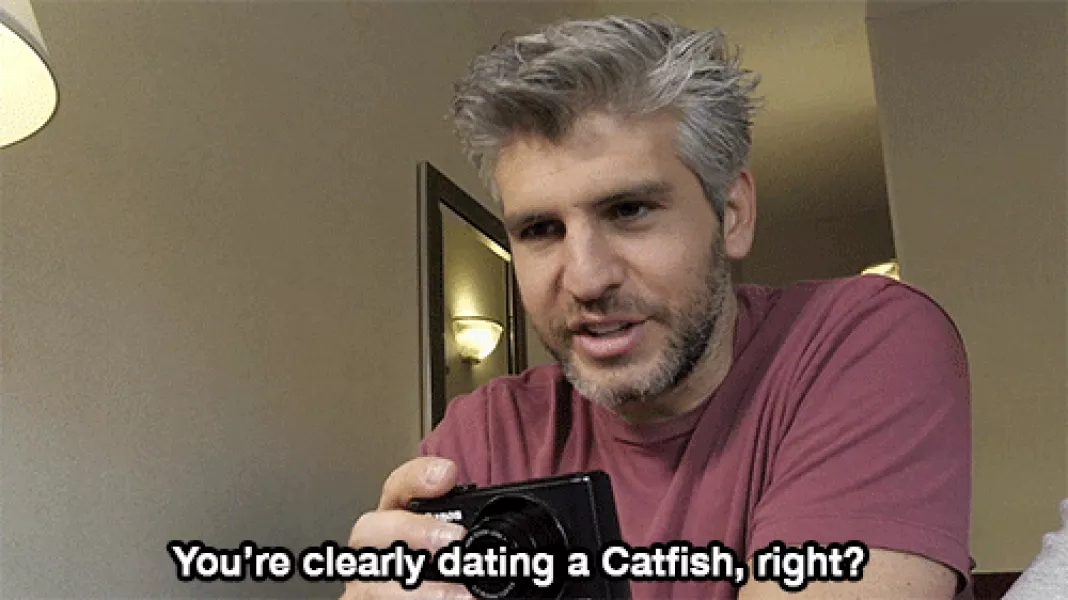February is a time of year when romance blossoms for some – but it’s also a month when scammers prey on people looking for love.
As well as the emotional trauma of being duped by a dating scam, the financial loss to victims of romance fraud can be very significant.
With gardaí warning of romance scams ahead of Valentine's Day - and reminding never to send money or give your bank details to someone you haven't met in person - here are the trademark signs your dating app match is not who they claim to be.

1. Are they trying to move the conversation away from the dating website?
When connecting with people online, if something does not feel right, trust your instincts. Beware of anyone who suggests too quickly moving the conversation away from a dating site or social media to a more private channel – such as email or phone.
2. Are they bombarding you with personal questions?
Do not rush into getting to know someone. You don’t need to share your personal details and life story. If the other person is trying to rush you into providing information, this could be a red flag.
Remember that scammers often play on people’s emotions and target vulnerable people. This is something they have particularly been doing during the coronavirus lockdowns.
3. Do they ‘exist’ on other websites?
Do not be hesitant about checking to see if the person you are interested in is on other social networking websites and do some research on them. If any details do not match up, you should be suspicious. Fraudsters will often steal images from other people elsewhere online, so you could try searching online to see if the image exists elsewhere and in fact belongs to someone else.
4. Are they asking for money?
Fraudsters will often invent a ‘sob story’ for needing money urgently. They may not ask you directly to pay for things, but may make you feel obliged to because they keep telling you how hard things are.
Help protect your friends and family who are online dating by raising awareness of the signs of romance fraud. It could help protect them and their money #romancefraud pic.twitter.com/W2ja8wlvNb
— Action Fraud (@actionfrauduk) February 2, 2022
Advertisement
Always keep your bank and account information private. Never send payments to someone you do not know, particularly if the reason they say they need money is linked to a family crisis or some kind of emergency, Barclays bank advises.
Other warning signs include people asking you to take actions on their behalf, such as taking out a loan, transferring money, or sending or receiving parcels.
5. Are their expressions of love ‘over the top’?
Criminals may express strong emotions and pay victims excessive compliments. In reality, this is a tactic to gain their trust and encourage victims to divulge more personal information about themselves than they would do otherwise.
Barclays says it’s wise to report unacceptable or suspect behaviour, trust your instincts, and immediately stop communicating with anyone who makes you feel uncomfortable. Any suspicions can be reported to the online platform.
If you think you may have transferred money to a fraudster, tell your bank and the gardaí immediately. Many banks have signed up to the authorised push payment (APP) scams code, which reimburses blameless scam victims who are tricked into transferring money to a fraudster.







